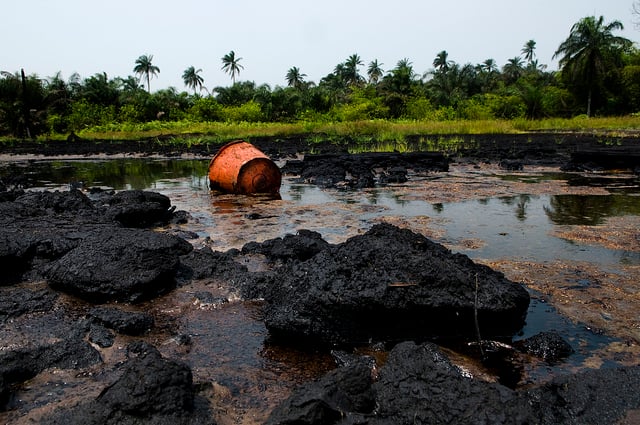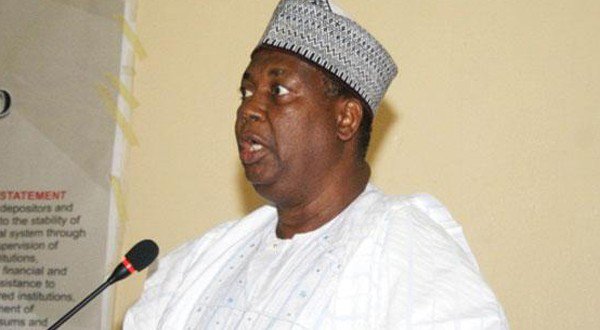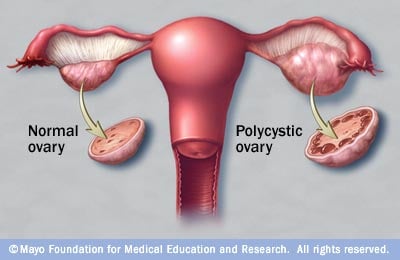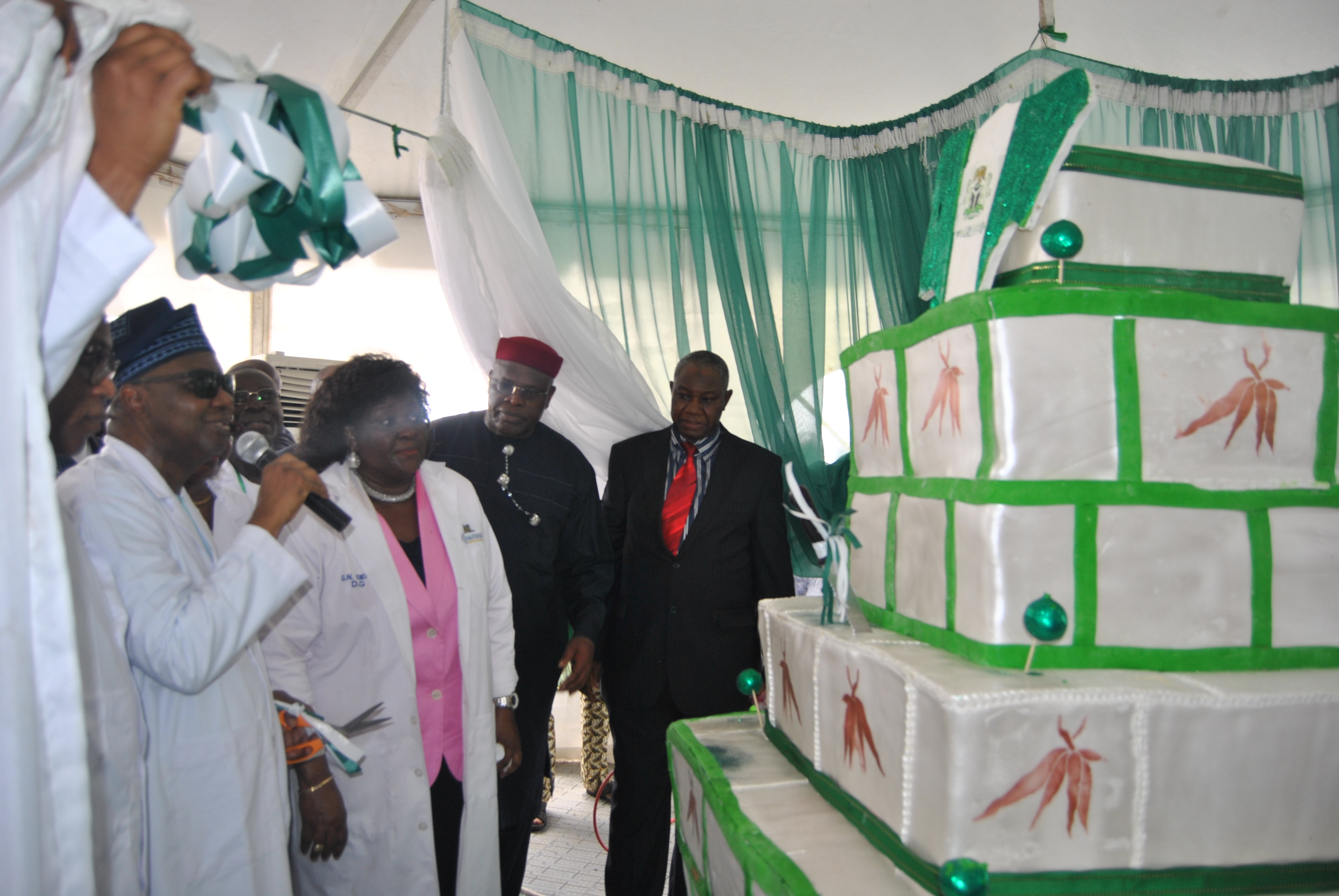Emails, letters and internal reports submitted to a court in London have shown that Royal Dutch Shell had a forewarning that a pipeline had reached the end of its life years before causing the spill of about 500,000 barrels of oil in Bodo, Rivers state.
According to the BBC, which said it saw the court documents, senior Shell employees were concerned before the spill that Shell’s pipelines in the area had reached the end of their lives and needed replacing to avoid danger to lives, the environment and the economy.
The suit was instituted by 11,000 fishermen and residents of Bodo (represented by law firm, Leigh Day) against Shell Petroleum Development Company Limited, over the two oil spills, which occurred from its pipelines in 2008 and 2009.
They appealed in 2011 to a London court for more than $510 million (83.15 billion) in compensation for the two spills, which affected about 35 sq miles (90 sq km).
Advertisement
Settlement talks were initially considered but they broke down in September 2013 after Shell’s offer of £30m (worth about N7.5bn then) was rejected in Port Harcourt.
But the talks soon resumed and in June, Shell expressed readiness to pay up to $51 million (N8.3 billion) as compensation for two oil spills, saying it accepted liability for the resultant damages.
“From the outset, we’ve accepted responsibility for the two deeply-regrettable operational spills in Bodo,” Mutiu Sunmonu, managing director of the Shell Petroleum Development Company in Nigeria Ltd (SPDC), had said in a statement.
Advertisement
“We hope the community will now direct their UK legal representatives to stop wasting even more time pursuing enormously exaggerated claims and consider sensible and fair compensation offers.”
The papers seen by BBC showed that in September 2006 – two years before the spills – a letter from Basil Omiyi, managing director of Shell’s Nigeria business, SPDC, to the governor of Rivers state said that the pipeline was of “immediate and utmost concern”.
Shell had not inspected the pipeline for several years due to difficulties in accessing it, he said.
“There is a risk and likelihood of rupture on this pipeline at any time, which if it happens, could have serious consequences for the safety of life, the environment and the nation’s economy.”
Advertisement
But Shell has dismissed the suggestion that it knowingly continued using a pipeline that was unsafe to operate.
A study conducted in 2000 by SPDC and Shell Global Solutions International found that the remaining life of most of the SPDC oil trunklines was “more or less non-existent or short, while some sections contain major risk and hazard”.
One internal Shell email in December 2009, after the spills, said the firm was “corporately exposed”, as the pipelines in Ogoniland had not been maintained properly or integrity assessed for over 15 years.
“The decision by Shell to continue pumping oil through pipelines, which they knew were not fit for purpose, is quite shocking,” said Martyn Day, a senior partner at Leigh Day.
Advertisement
“The result was an environmental catastrophe for the Bodo Community and the biggest loss of mangrove habitat in the history of oil spills. The 40,000 residents of the Bodo Community primarily relied on fishing and their way of life and source of livelihoods has been destroyed for years to come.”
Amnesty International said that after the spills, the price of fish rose 10 times while people who worked in fishing had to find jobs in other industries, which proved more difficult to find.
Advertisement
Oil spills in the Ogoniland region have also contaminated local drinking water sources, seeping into groundwater, according to a report from the United Nations Environment Programme (UNEP). Toxins found by UNEP in the wider Ogoniland area’s drinking water include benzene, which is thought to cause cancer.
On the documents, Shell said everything would be clearer when the trial continues in 2015
Advertisement
“We are in the process of preparing for a trial in May 2015 regarding the Bodo operational spills, at which time internal documents produced by SPDC relating to the Trans Niger Pipeline (TNP) will be set in their proper context for review by the court,” it said.
Advertisement






